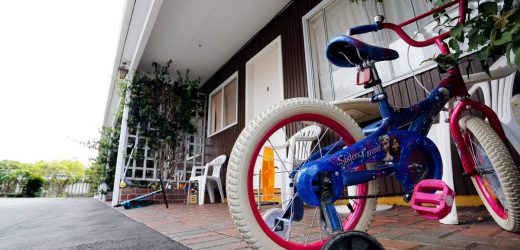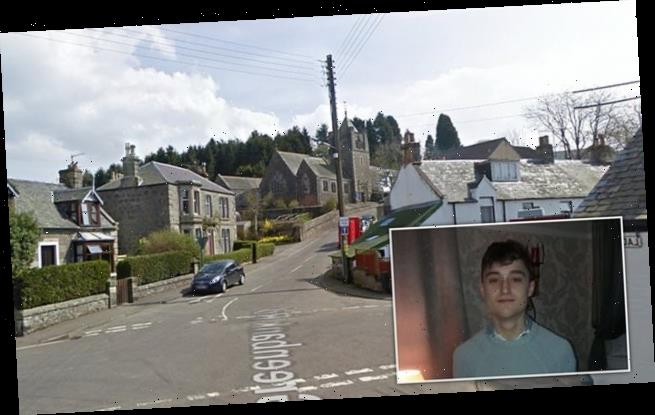From RNZ
Demand for emergency accommodation has escalated this past year with the number of emergency housing grants increasing by half.
Data showed nearly 10,000 people were given an Emergency Housing Special Needs Grant between July and September last year.
On top of that, the government has contracted over 70 motels to house families and individuals. As of 30 November, they housed 1200 individuals.
But social services providers said the pace of demand was not slowing.
And they sounded a warning about the impact living in a motel was having on residents.
“They’re just not designed for permanent living,” said Taone O’Regan, the Aro Mai Housing First operations manager for the Downtown Community Ministry (DCM) in Wellington.
“They are quite often overcrowded, too small to store any of your belongings in, and in close quarters, there is very little space from each other.”
DCM supports those at the sharp end of homelessness – the long-term rough sleepers and those suffering from addictions and mental health issues.
O’Regan said the lack of space and proximity to others presenting with mental health or addiction issues was unsuitable.
“It’s like putting everybody into an acute mental health ward without any nurses, doctors or treatment available.”
There was a real need for emergency housing as a short-term stay for those who had found themselves without somewhere to live, she said.
The problem was, for some, it was not a short-term stay.
“It is not the environment to be addressing people’s long-term needs.
“What they need is permanent accommodation, they need permanent housing, and the support to access that. It has to be affordable as well, and it has to be in the right part of the region.”
But there just isn’t enough supply of such accommodation for people to move into.
A Lower Hutt Whānau Ora provider said families were having to re-locate to emergency housing because of unaffordable rental prices and staying there months.
Takiri Mai te Ata Whānau Ora Collective homeless prevention service manager Lynda Ryan said it was not uncommon to talk to families who had young children in those environments who were starting to be impacted emotionally by where they were living.
“It’s really at a high crisis point now, these emotional, health and social impacts that we’re seeing because of what’s going on.
“People are just existing. They’re not thriving or living well.”
In a statement, Ministry of Social Development housing manager Karen Hocking said it accepted motels were not the ideal accommodation type.
“Our role is to ensure that people with no other option are supported into emergency housing, usually in motels,” Hocking said.
“We accept that for people with nowhere to live, a motel is not ideal. However, it is preferable to being homeless or sleeping rough.”
But Ryan said the quality of motels needed addressing.
“A lot of the emergency housing is not up to standard. We’ve been working with various agencies to advocate for that to improve, and changes have been made.
“But standardisation of emergency housing would be something we would consider to be of huge benefit for the community.”
Source: Read Full Article

/cloudfront-ap-southeast-2.images.arcpublishing.com/nzme/7A4TIWVXGSKPEOGLZO7V6DWW44.jpg)
/cloudfront-ap-southeast-2.images.arcpublishing.com/nzme/7H665TXIGXN2HIHZ4HIWI4GQW4.jpg)

